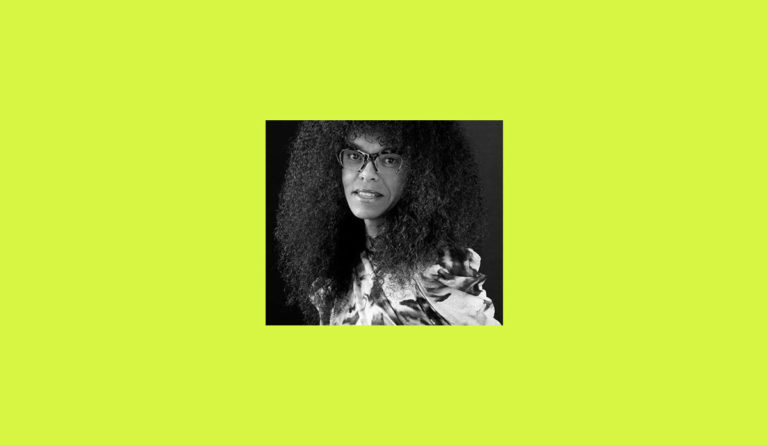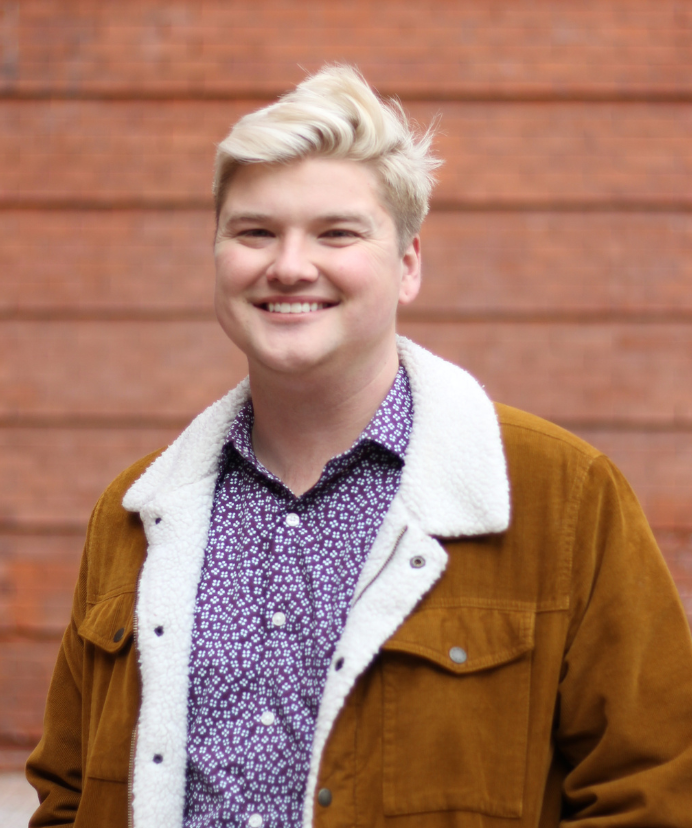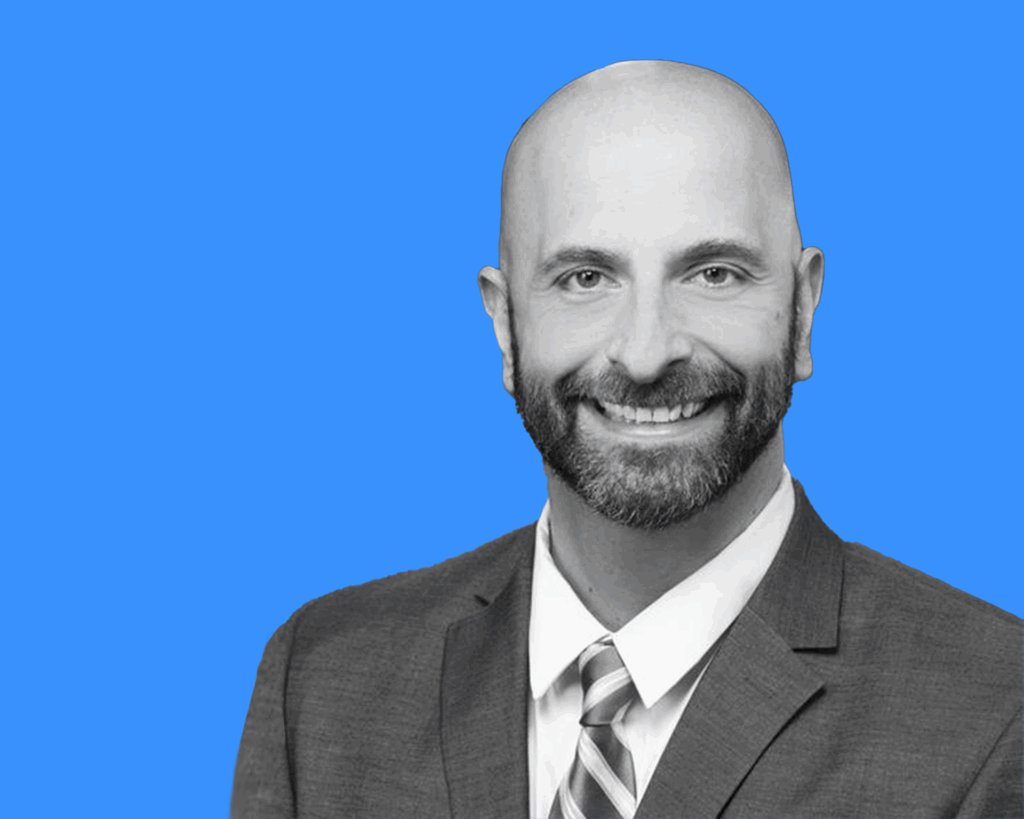Reyma McCoy Hyten
Reyma McCoy Hyten has a two-decade career in the service and support of people with disabilities. She became the first Black woman to serve as the U.S. Department of Health and Human Services Commissioner for the Administration on Disabilities. Currently, she works privately, devoting her full attention and time to identifying and confronting the root causes of oppression, and how systems create marginalization.

Read Time: 4 minutes
Published:
Reyma McCoy Hyten has a two-decade career in the service and support of people with disabilities. She became the first Black woman to serve as the U.S. Department of Health and Human Services Commissioner for the Administration on Disabilities. Currently, she works privately, devoting her full attention and time to identifying and confronting the root causes of oppression and how systems create marginalization.
Public Health Post: Your work has focused on serving marginalized people. What have you been trying to change?
Let me answer this as delicately as possible. I’ve served as Commissioner for the Administration on Disabilities in the Biden administration, and I’ve written legislation and engaged in extensive efforts to mobilize disabled voters. There’s nothing more resistant to systemic change than the system itself. Prior to becoming a ward of the state of California, I was diagnosed with autism. I grew up in and experienced the services and supports geared towards disabled people throughout my childhood. However, the services and supports were terrible, and I thought I could do it better. Historically, our efforts at inclusion have created a vantage of subordination as opposed to sovereignty for minorities, which is particularly relevant for people who are disabled. And when you’re talking about folks at the intersection of race and disability that marginalization is even more impactful.
What can we in public health do to center disability in conversations about health?
People working in public health spaces, whether cognizant of it or not, are talking about disability. Disparities in access to healthcare causes disability, systemic racism causes disparities. Until research becomes intersectional, we’re going to have to keep in mind that the actual picture of disability is very different from preconceived notions. Let me be somewhat offensive: we need to stop looking for the cute disabled kid and start looking for the middle-aged, Black, and undiagnosed person. We stop treating the disability community like a monolith. We have to stop conflating unity with uniformity.
There’s an incredible range of diversity within the disability community. A rich white guy who uses a wheelchair and lives in a mansion cannot and will not speak on the experience of acquiring disability because of racial trauma. Even people in the disability rights movement will refuse to acknowledge non-apparent or invisible disabilities like my own. I can’t tell you how many times I’ve heard “it’s my body that’s disabled not my mind” which ignores very real disabilities like post-traumatic stress disorder, or non-apparent disabilities. I’m hard of hearing and autistic, but certain champions of the disability movement wouldn’t want to hear from me because I’m not disabled in their minds.
How have you seen marginalization affect the disabled community in your work?
We’re left in the margins and our needed supports aren’t taken seriously, sometimes even by our fellow disabled people, which leaves us vulnerable to social maladies. Forty percent of people who are experiencing housing insecurity are disabled. According to the Department of Justice, something like 40% of incarcerated people are or have experienced disability. These are people who are not disabled in the “right way,” and they’re falling through the cracks.
What steps can we take to address marginalization, particularly to protect the people with intersecting identities?
Stakeholders in public health are looking to create a table, so to speak, that’s inclusive of disability, while selecting individuals who, in addition to being disabled, can speak to other identities, particularly the intersection with race. Having Black and Brown stakeholders at the table would expand our understanding of disability. I can speak from personal experience as a Black woman who grew up reliant on services because my own parents experienced significant disabilities as well. Black and Brown people have been trying to shine a light on these problems, and we have been further oppressed and brutalized for it. I appreciate how BU is hosting this event, but–and this is a general observation not specific to any university–academics have got to come to terms with their role in the creation and promulgation of systemic oppression before they can think about confronting it. And that can be really humbling to face.
Photo provided
Hyten appeared as a panelist for Centering Disability in the Public Health Agenda, a Public Health Conversation at the Boston University School of Public Health. View the recording here.



